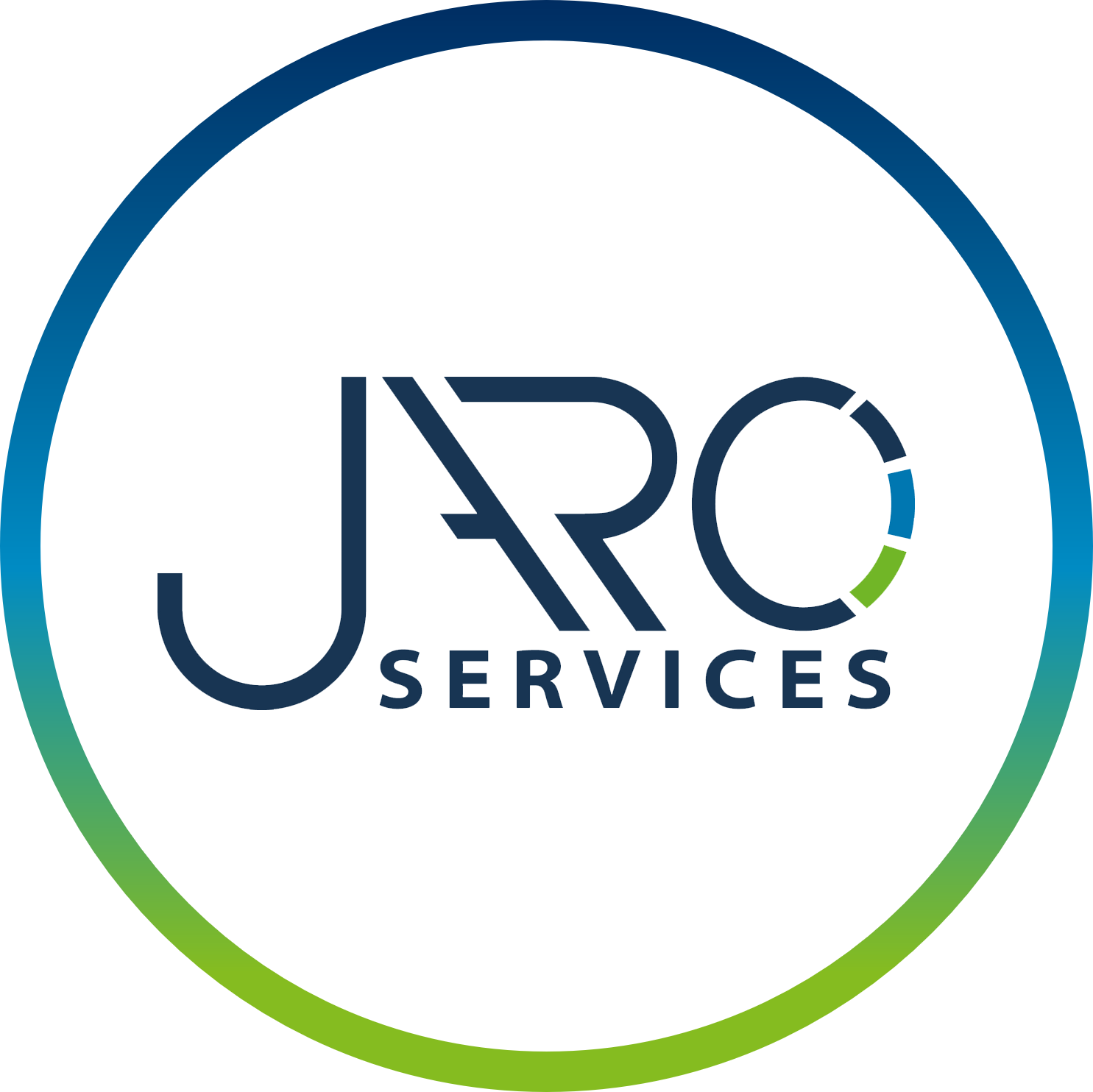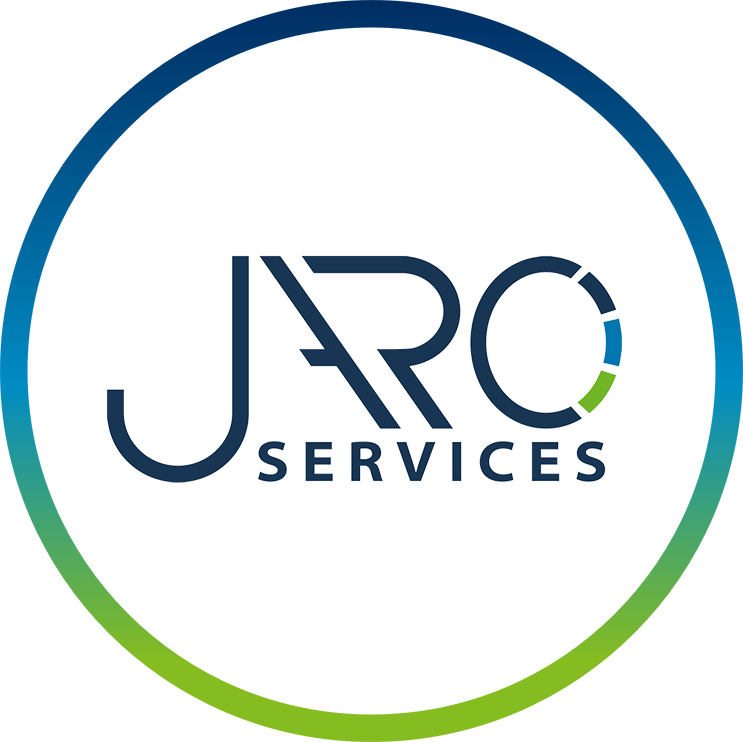The German Supply Chain Due Diligence Act (LkSG)
From obligation to opportunity
In 2011, the UN Guiding Principles on Business and Human Rights established new standards for the protection and promotion of human rights within the business world. Based on the pillars of “Protect”, “Respect”, and “Remedy”, they provide a comprehensive framework for businesses to minimize the negative impacts of their activities on human rights. Germany embraced this initiative and passed the Supply Chain Due Diligence Act (LkSG), which translates these principles into binding national law and obligates companies to design and monitor their supply chains accordingly.
The pillars of the UN Guiding Principles and their implementation in the LkSG
The Supply Chain Due Diligence Act specifies the demands of the UN Guiding Principles and establishes clear requirements for companies:
Protect: The governmental responsibility to protect human rights is underscored by obligating companies to monitor their business practices and those of their suppliers to prevent human rights violations.
Respect: Companies are required to take proactive measures by conducting due diligence assessments to identify and address risks of human rights violations.
Remedy: The introduction of grievance mechanisms is intended to provide affected parties with the opportunity to report violations and seek redress.
Core requirements of the Supply Chain Due Diligence Act for companies
The Supply Chain Due Diligence Act requires companies to undertake a comprehensive set of actions to fulfill their due diligence obligations:
- Policy statement: Businesses must publicly declare their commitment to respect human rights.
- Risk assessment procedures: Procedures must be established to identify potential and actual negative impacts on human rights.
- Prevention and review: Identified risks and proven violations must be minimized and/or remedied through appropriate measures. The effectiveness of the measures must be regularly reviewed.
- Transparent reporting: Companies must report on their progress in complying with human rights standards.
- Complaints mechanism: A mechanism for reporting and addressing complaints must be established.
Effects on large and small companies
While the Supply Chain Due Diligence Act directly addresses larger companies based or operating significantly in Germany, it also has indirect implications for SMEs. These smaller companies may be required by their larger partners to meet specific human rights and environmental protection standards in order to remain part of their supply chain. This creates a ripple effect that promotes compliance with these standards throughout the supply chain. Transferring due diligence obligations to suppliers is not permitted, requiring a risk-based approach and adherence to the principles of adequacy and effectiveness. However, it is also worthwhile for small and medium-sized enterprises to consider the Supply Chain Due Diligence Act and to implement its principles, adapted to their own company size.
The German Federal Office for Economic Affairs and Export Control (BAFA) as a supervisory and support authority.
Companies outside the direct scope of the Supply Chain Due Diligence Act (LkSG) are not required to report directly to the Federal Office for Economic Affairs and Export Control (BAFA). However, the principles enshrined in the LkSG emphasize the need for comprehensive risk analysis and the implementation of effective prevention measures. Obligated companies cannot rely solely on contractual assurances or certifications from their suppliers but must actively engage in shaping their supply chains to meet the requirements of the Supply Chain Due Diligence Act. Training and active involvement in the due diligence process are essential for the successful implementation of the requirements.
Consequences of non-compliance
The Supply Chain Due Diligence Act provides for strict sanctions for companies that fail to fulfill their due diligence obligations:
- Fines: Companies can be fined up to 8 million euros or, if their annual turnover exceeds 400 million euros, up to 2 percent of their global annual turnover.
- Exclusion from public procurement procedures: Companies that exceed a certain amount of fines may be excluded from public procurement procedures.
- Legal Proceedings: With the support of NGOs, affected parties can bring lawsuits before German courts against companies that neglect their duties.
Challenges, opportunities and the way forward
The Supply Chain Due Diligence Act provides companies with the opportunity to reconsider their business practices and position themselves as leaders in human rights and environmental protection. The challenges, especially for SMEs, lie in the implementation of effective risk analysis and complaints mechanisms. However, the law also offers the opportunity to strengthen one’s own brand and increase the trust of customers and the public through improved human rights and environmental protection standards in the supply chains.
Support from the Federal Office for Economic Affairs and Export Control (BAFA) and the close collaboration of all stakeholders are crucial for the successful implementation of the Supply Chain Due Diligence Act. Companies are encouraged to take an active role in shaping their supply chains, not only to meet legal requirements but also to have a positive impact on the global economy and society.
In summary, the Supply Chain Due Diligence Act represents a significant step towards a more responsible and sustainable business world. It calls on companies to think outside the box and make a contribution to the promotion of human rights and environmental protection. For procurement managers and CEOs, the law provides an opportunity to adapt their corporate strategies and ensure that their companies not only comply with legal requirements but also act as a positive force in the world. Companies that have positioned themselves in accordance with the Supply Chain Due Diligence Act (LkSG) may also find it easier to meet the requirements of the new EU reporting obligation (CSRD).
You are not alone
At JARO, we understand the challenges that many companies face when it comes to implementing and truly embodying the German Supply Chain Due Diligence Act. This is the only way companies can turn it into a real opportunity. Talk to us. We pragmatically guide you, tailored to your individual circumstances, through the steps to implement the requirements of the Supply Chain Due Diligence Act. Our aim is to enable your team to really understand the subject matter and put it into practice independently so that you are no longer dependent on external help as quickly as possible.
Get ahead of the game now and reach out to us.

